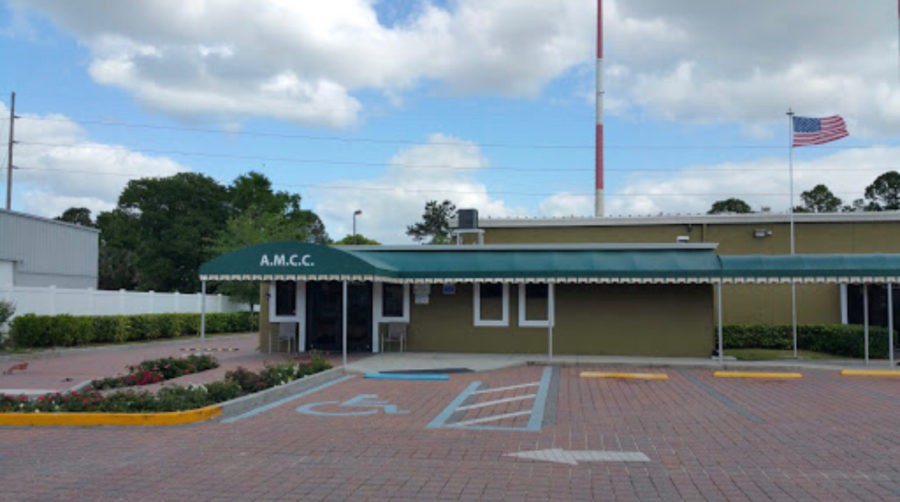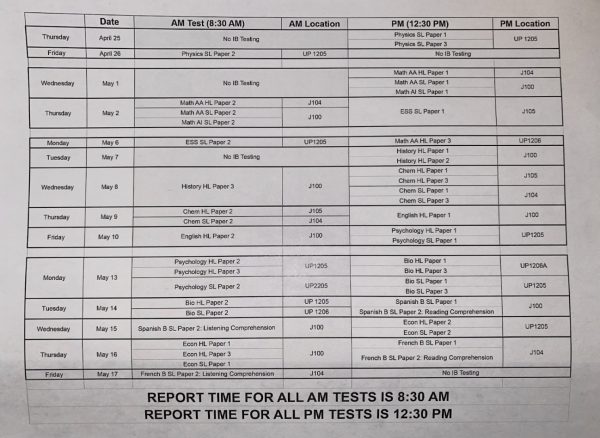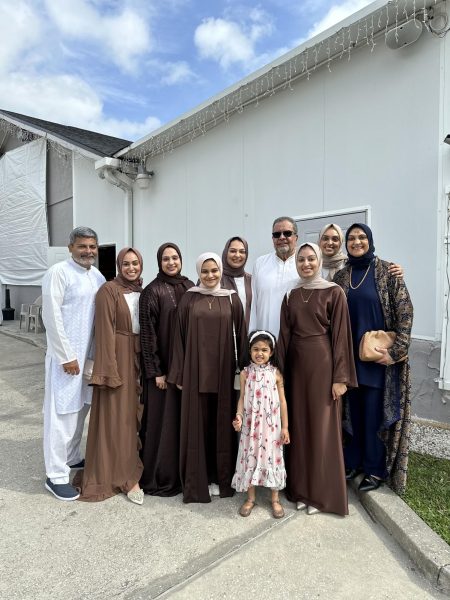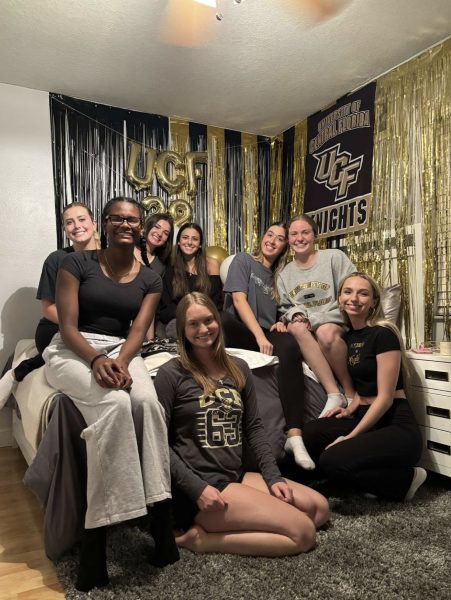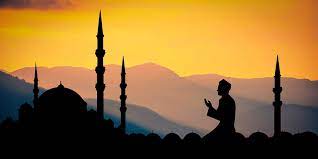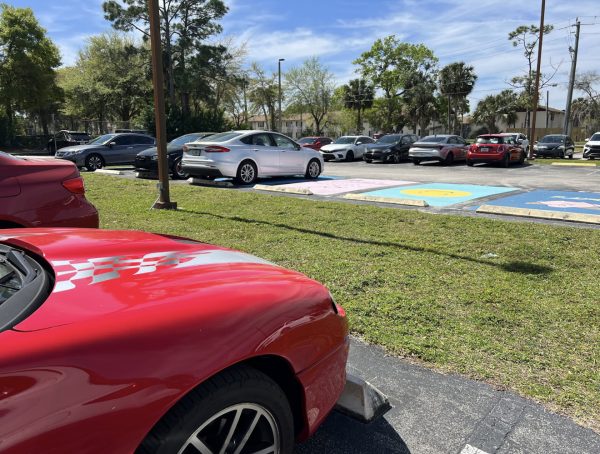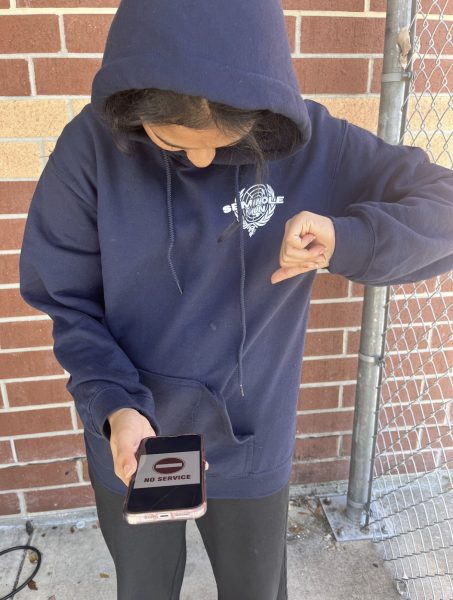CHRISTCHURCH TRAGEDY: STUDENTS UNIFIED IN GRIEF
April 9, 2019
On March 14th, minutes before the Muslims of Christchurch, New Zealand were about to gather for Friday prayers, a gunman entered the Al-Noor Mosque and opened fire. He was armed with semi-automatic rifles and had attached a camera to his helmet, live-streaming the massacre of 51 men, women, and children on Facebook.
As the gunman entered the masjid he was welcomed in by a man. “Salaam brother,” he had said before the shooter opened fire. “Peace be upon you, brother.”
Among the dead were refugees that had fled war-stricken countries, seeking safety from violence. Others were students from a local high school that had asked to be excused from their classes to attend Friday prayers. Many had died by shielding their friends and family. Children as young as 3 years old were killed. All of them were victim to a deranged killer who twisted their desire to worship into a crime.
In a school with a sizable Muslim population, many students at SHS were moved by this tragedy. Many found it incomprehensible how an attack like this could have happened in New Zealand, a country where for every 100,000 people, only 0.17 experience death due to gun-related reasons. In an otherwise peaceful country, this attack was a grim reminder of how radicalism can pervade even the most unlikely of places.
“After I heard of the news from New Zealand, I was stunned at how cold and psychopathic one human being could be. I felt pained and sick to my stomach as I grieved for the innocent Muslims slaughtered during worship,” said junior Donya Sedaghat.
As all places of worship, Mosques are meant to be a place of peace and love, where an invasion of hatred should never occur. But in the wake of this tragedy, many are instilling active shooter drills as a protective measure against violent attacks. The local masjid, the American Muslim Community Center (AMCC), has added over 22,000 dollars to their yearly budget for security measures. For regular attendees, this can be alarming.
“Now when I go to AMCC, I don’t feel safe in a place I call my second home,” said junior Harris Khan.
However, the board of AMCC insists that such hate crimes should not deter faith in the prevalence of peace.
“After an attack like this, we don’t want people to be scared of places of worship. Keep coming and stay connected to God. We cannot let hatred scare us. We refuse to believe that the larger population is as bigoted as this one individual,” said Ahmed.
Actions echoing his hopes have seemingly taken place. Within a week, the people of New Zealand have broadcasted the Muslim call to prayer nationally, many women have donned a scarf as an act of solidarity, and legislative change has been undertaken as New Zealand banned the sale of semi-automatic assault rifles. The shooter’s intention to turn the world against Islam has failed.
“After the horrific shootings in New Zealand that took the lives of so many Muslim worshippers, I was not surprised when there was an outpouring of love and support rather than more hatred. Even here in Orlando, on the other side of the world, I was filled with hope when I was able to attend a vigil for the Christchurch tragedy victims at a healing circle with people from so many different faiths and backgrounds. I believe [we] will continue to be there for one another because the humanity and love that unites us all is so much more powerful than the hatred seeking to divide us,” said Fatima Sadaf, Executive Director of the Muslim Women’s Organization of Orlando.
In a world where shootings such as this happen with frightening frequency, it must be understood that radicalizing any nationalistic or religious ideology is dangerous. Acts of Islamophobia are never an isolated event; they stem from misconceptions regarding the fundamental nature of Islam. By understanding that terrorism is not tied to any religion, we can strip attacks such as these of their underlying power. We all must learn from this and change the way we treat people. We must let those 51 deaths mean something other than the senseless and brutal way that they were taken. Otherwise, we let hatred win.

























